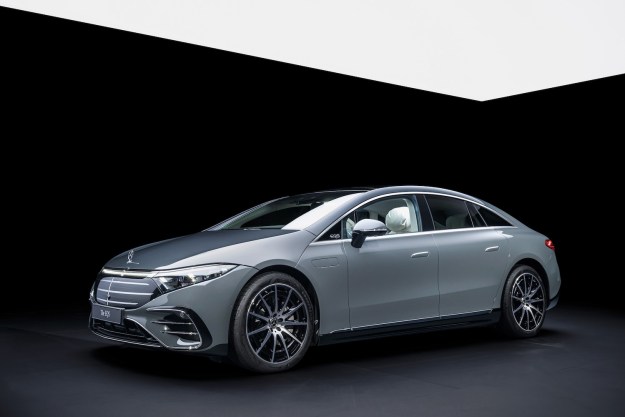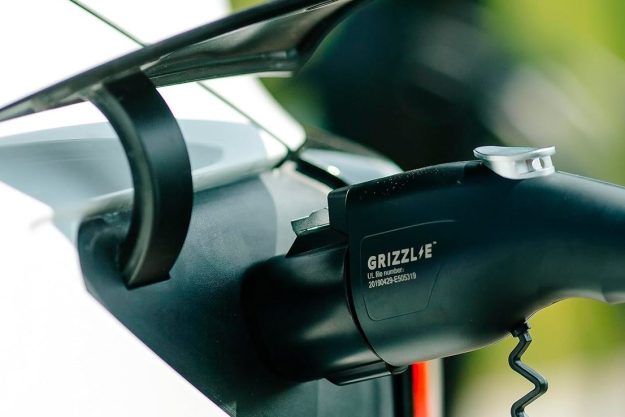
For opponents of traffic cameras, the Insurance Institute for Highway Safety must surely be their worst enemy. The IIHS has already released a number of rather dubious reports as to the effectiveness of red light cameras, including community support for the technology. Perhaps the most blatant bit of devilry, however, occurred when the IIHS tweaked the definition of what constitutes an accident at an intersection. Under the new definition, only incidents that occur between the crosswalks are considered. We’re not entirely sure why the IIHS made this move. Our most logical guess is that it was done in an effort to provide empirical data backing up traffic camera technology. By counting only the accidents that occur between crosswalks, the IIHS found an effective way to omit rear-end collisions at red lights, thus showing a perceived reduction in accidents. Alterntively, more complete reports have often shown that a reduction in accidents between the crosswalks was counterbalanced by an increase in rear-end accidents as a result of panic braking.
The IIHS’ latest study follows the usual rhetoric that claims red light cameras are working great. Truthfully, this was not even an especially far-reaching study. In fact, it only followed four busy intersections, all of them in Arlington, Virginia, according to a report in The Car Connection. It still might seem odd that the IIHS reached the conclusion that it did, since the Virginia Transportation Research Council had previously released a study which found that red light cameras actually led to an increase in accidents. But the IIHS’ explanation here was simply a further skewing of statistics. The IIHS report actually said that red light cameras reduce the number of red light violations, and carefully avoided actually saying they reduced accidents.
The motivation for the IIHS report is seemingly simple. It represents the insurance industry, a group that profits from red light camera tickets as a pretext to increase rates. But this is really just one in a long series of reports regarding traffic cameras which makes the assumption that nobody is going to be looking at the results too closely. So we ask you, do you think traffic cameras compel you to drive more carefully and serve a real safety function, or is it just a ploy for insurance companies to exploit motorists?


